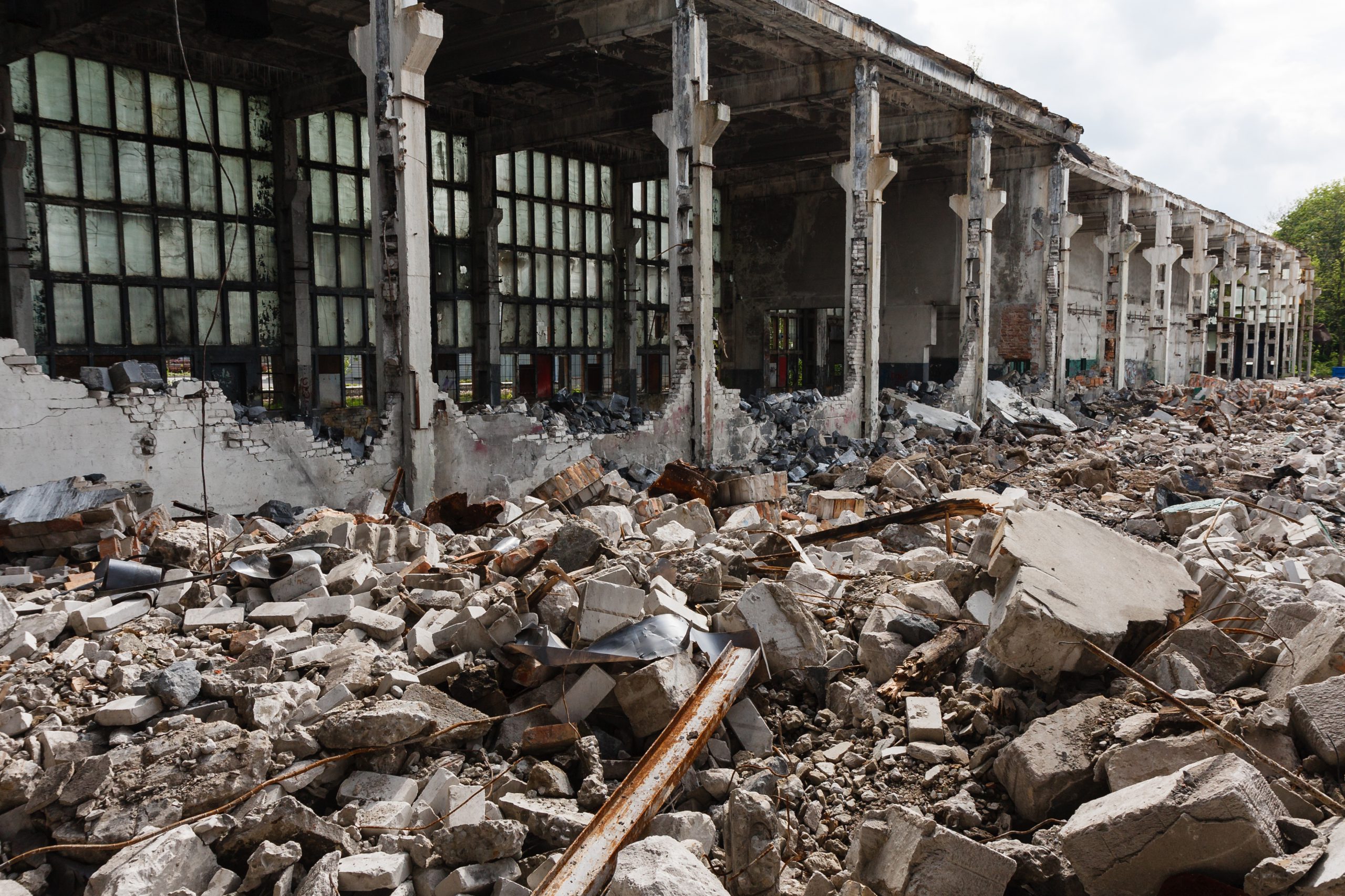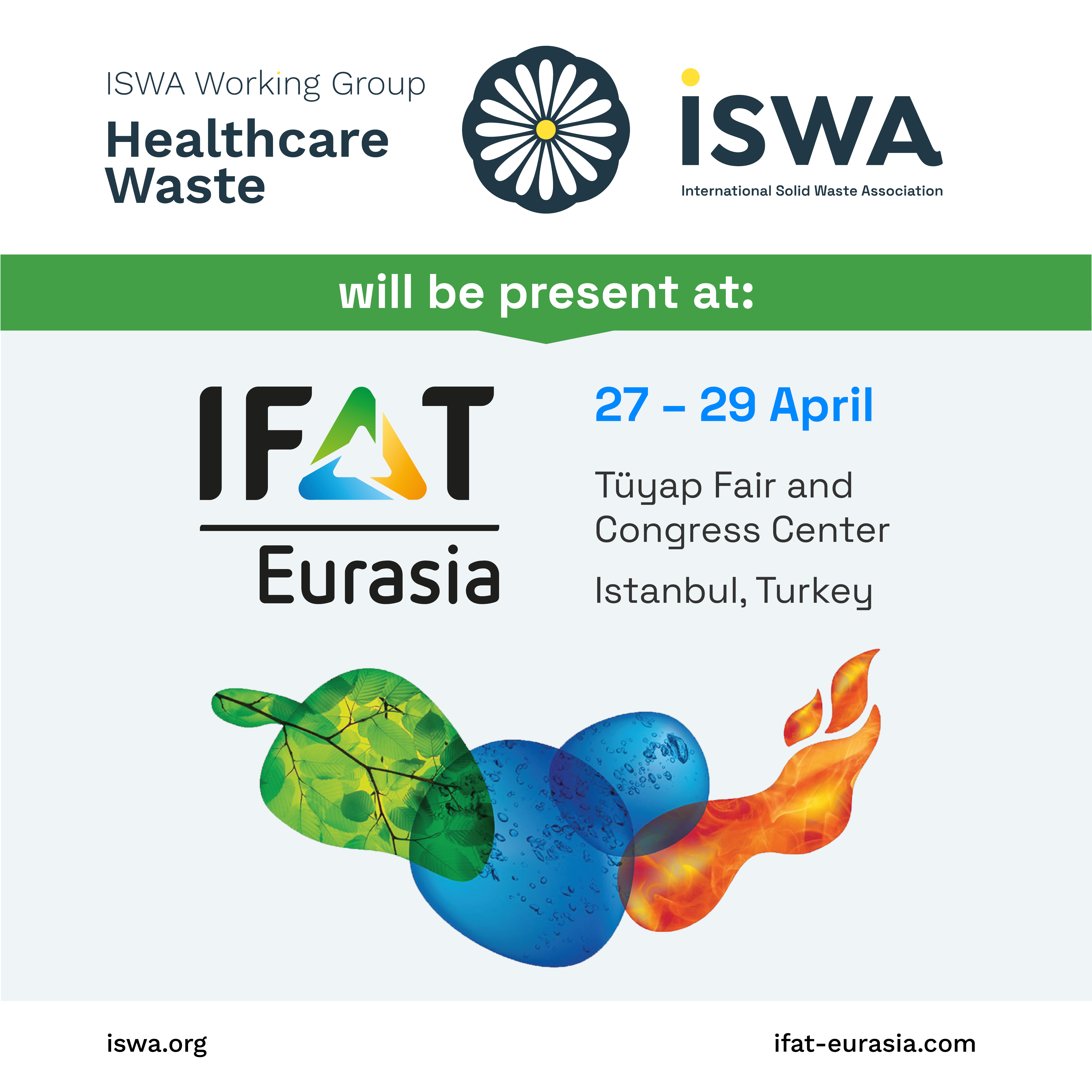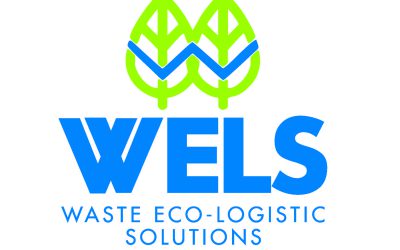As usual, ISWA will be active at IFAT Eurasia this year – always an exciting event, but this time feels a little different. As you may know, many across the south–eastern region of Turkey are still struggling with the devastating effects of the recent earthquakes. The problem can hardly be overestimated. In an affected region that is roughly the same size as Hungary, more than 160.000 buildings collapsed or have been severely damaged. This results in an expected 116 to 210 million tons of rubble that will have to be cleared and disposed of according to the UNDP.
Dealing with disaster waste, especially in the aftermath of earthquakes, is a complex and multi-faceted challenge that requires robust planning, coordination, and execution. The massive amounts of debris, hazardous waste, and healthcare waste need to be managed efficiently to protect public health, minimize environmental damage, and facilitate the recovery process.
Following up from the workshop on Disaster Waste organised by UNEP and ISWA in Beirut last year, ISWA is organising a workshop to support the local authorities in Turkey with an exchange of knowledge on the challenges and possible mitigation measures for disaster scenarios.
One of the primary concerns when dealing with disaster waste is the management of hazardous materials. Earthquakes can lead to the release of dangerous substances such as asbestos, heavy metals, and chemicals from damaged infrastructure, industrial facilities, and residential buildings. The challenge lies in identifying, segregating, and treating these hazardous materials in a safe and efficient manner to minimize their impact on the affected communities and the environment. Logistical challenges are another critical aspect. The sheer volume of debris, including concrete, glass, steel, and other construction materials, can be overwhelming, necessitating efficient and well-coordinated waste collection, transportation, and disposal systems.

Earthquakes often cause widespread destruction, disrupting transportation networks and making it difficult to access affected areas. This complicates the task of collecting and transporting waste to appropriate disposal sites, leading to delays in the cleanup process and prolonging the exposure of people and the environment to hazardous materials. This makes it essential to have contingency plans and alternative routes in place to ensure effective debris removal. Efficient coordination between various stakeholders, including governments, local communities, and humanitarian organizations, is crucial to overcoming these logistical hurdles.
Earthquakes often cause widespread destruction, disrupting transportation networks and making it difficult to access affected areas. This complicates the task of collecting and transporting waste to appropriate disposal sites, leading to delays in the cleanup process and prolonging the exposure of people and the environment to hazardous materials. This makes it essential to have contingency plans and alternative routes in place to ensure effective debris removal. Efficient coordination between various stakeholders, including governments, local communities, and humanitarian organizations, is crucial to overcoming these logistical hurdles.
Engaging in an open exchange of knowledge, experience and expertise is an essential function of ISWA. We are convinced that organising these kinds of workshops will lead to greater insights not only for the participants, but also the experts leading them. By better understanding the challenges posed by hazardous materials, logistics, and healthcare waste, and by implementing proactive planning measures, we can all be better prepared to handle the immense task of cleaning up and rebuilding after such devastating events.




